Search
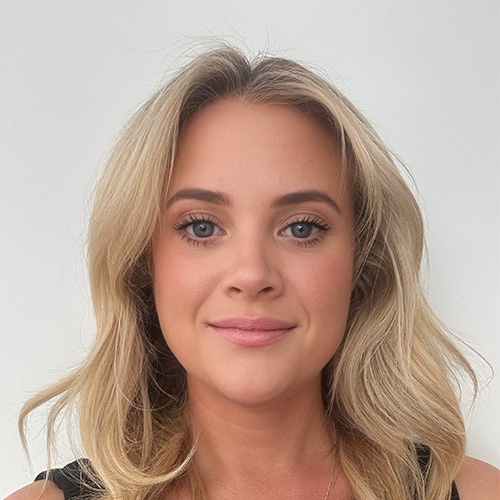
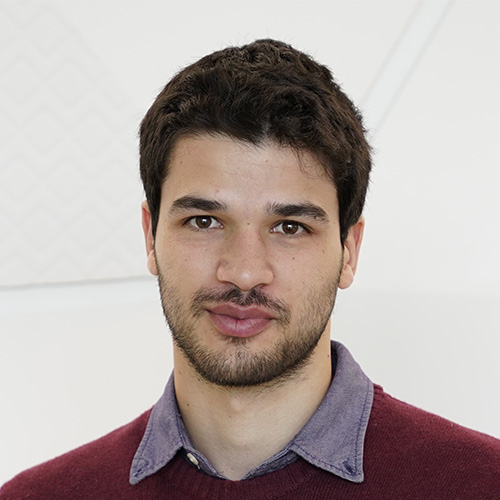
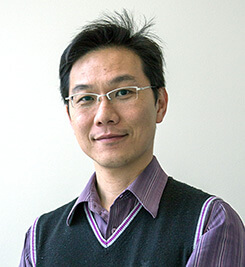
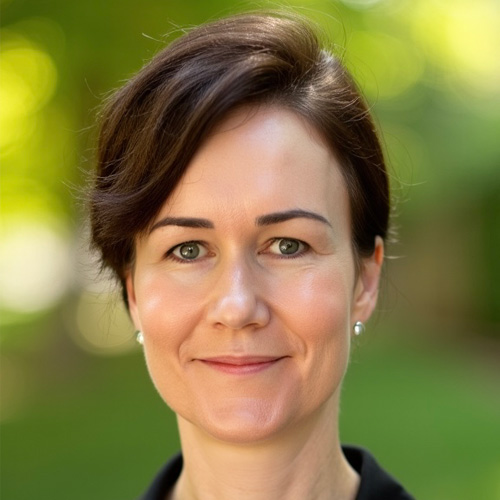
People
Dr Anita CampbellInfectious Diseases Physician; Raine Clinician Postdoctoral Research Fellow; Deputy Head of the Wesfarmers Centre of Vaccines and Infectious Diseases; Clinical Senior Lecturer, School of Medicine, The University of Western Australia
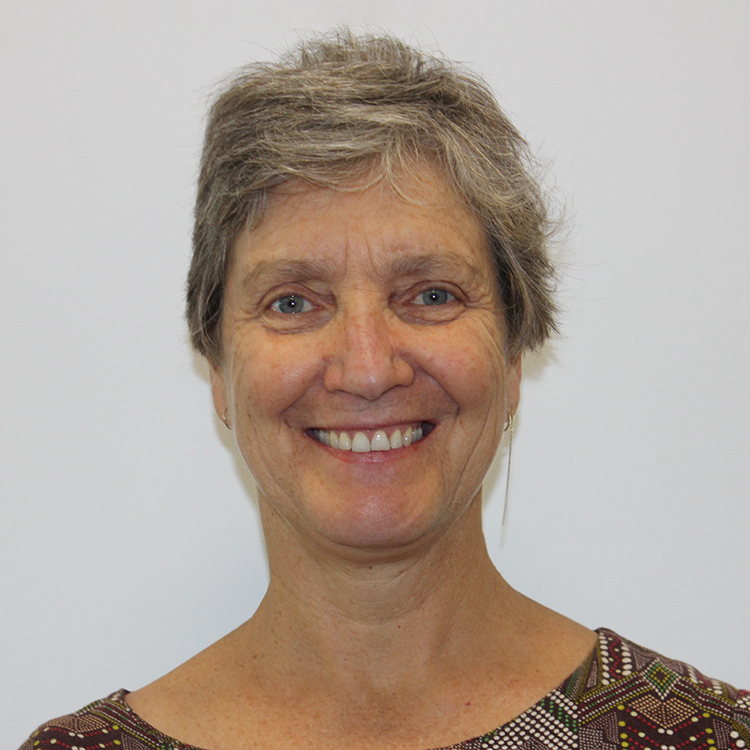

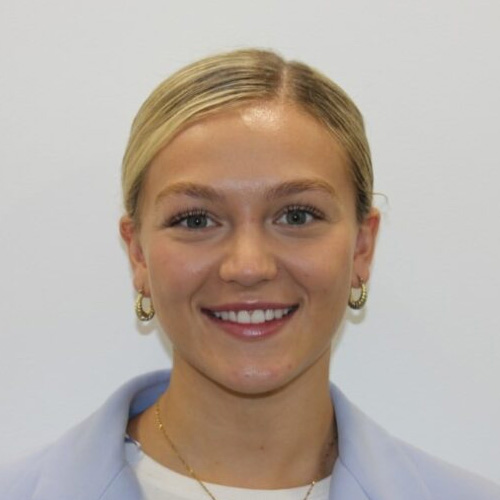
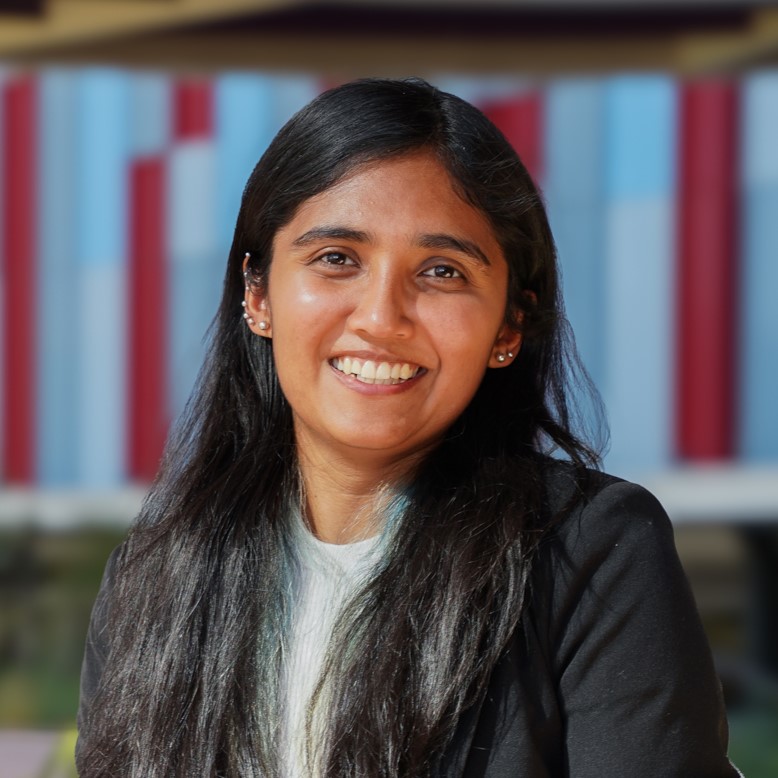
People
Nivedithaa DivakaraNivedithaa Divakara, PhD Student. Centre for Immunology and Breastfeeding


